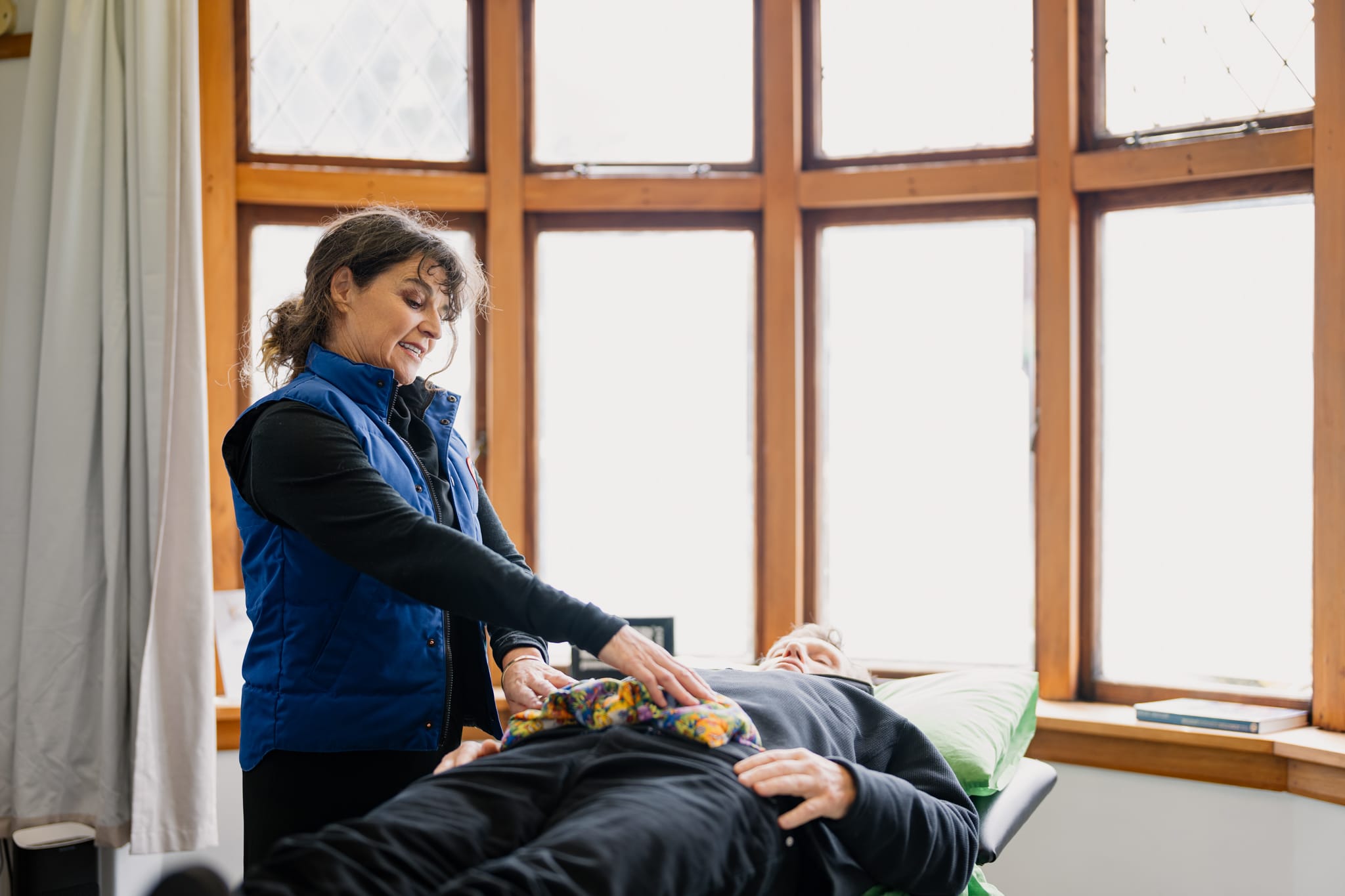refresh physio
breathing pattern disorders
Overview
BradCliff Method
Catherine is certified in the BradCliff Method, a specialized, physiotherapy-based approach developed by renowned New Zealand physiotherapists Dinah Bradley & Tania Clifton-Smith. This method addresses breathing dysfunction & breathing pattern disorders, which can arise from conditions such as post-COVID recovery, stress, anxiety, injury, asthma, anaemia, and chronic nasal issues. The BradCliff Method is effective for individuals at any stage of life.
Improving dysfunctional breathing patterns not only reduces reliance on asthma medications but also significantly enhances sports performance.

Refresh Physio
Common Symptoms of Breathing Disorders Include
Some of the symptoms experienced by people with breathing difficulties are:
- Chest tightness or discomfort
- Tension or lightheadedness
- Dizziness or blurred vision
- Irregular heartbeat
- Frequent sighing, yawning, or shortness of breath
- Sleep disturbances
- Tingling in fingers or cold extremities
- Anxiety, fatigue, and muscle tension
- Gastrointestinal discomfort (e.g., nausea, bloating)
Which Can Be Caused By:
- Chronic stress and anxiety
- Respiratory conditions such as asthma
- Hyperventilation
- Long COVID
- Long-term postural stresses & pain
- Intensive athletic training
- Occupations requiring prolonged speaking (e.g., lecturers, singers)
- Persistent nasal issues resulting in mouth breathing
How We Can Help
The Assessment Process
The initial assessment, lasting one hour, aims to evaluate your breathing patterns & identify factors contributing to any dysfunction. You will leave with actionable insights, often including a key message: “When in doubt, breathe out.” Immediate improvements are often observed, & practical lifestyle recommendations will be provided.
For those requiring more targeted interventions—such as athletes—Catherine can assess inspiratory muscle strength and may recommend using the Powerbreathe device. This tool, often likened to resistance training for the diaphragm, helps strengthen the inspiratory muscles involved in breathing & is widely used in sports, performing arts, and health sectors.
If you think you might have concerns about the way you breathe & the impact it may be having on you – check out this Nijmegen Self Evaluation Questionnaire.





